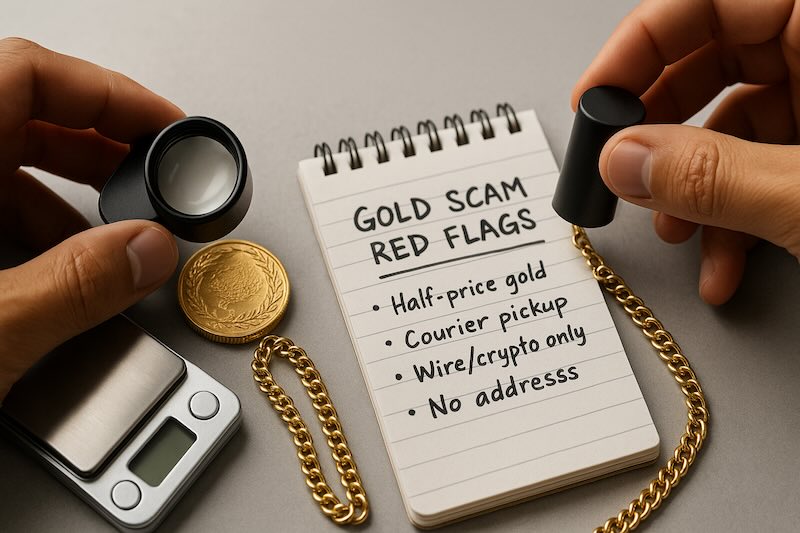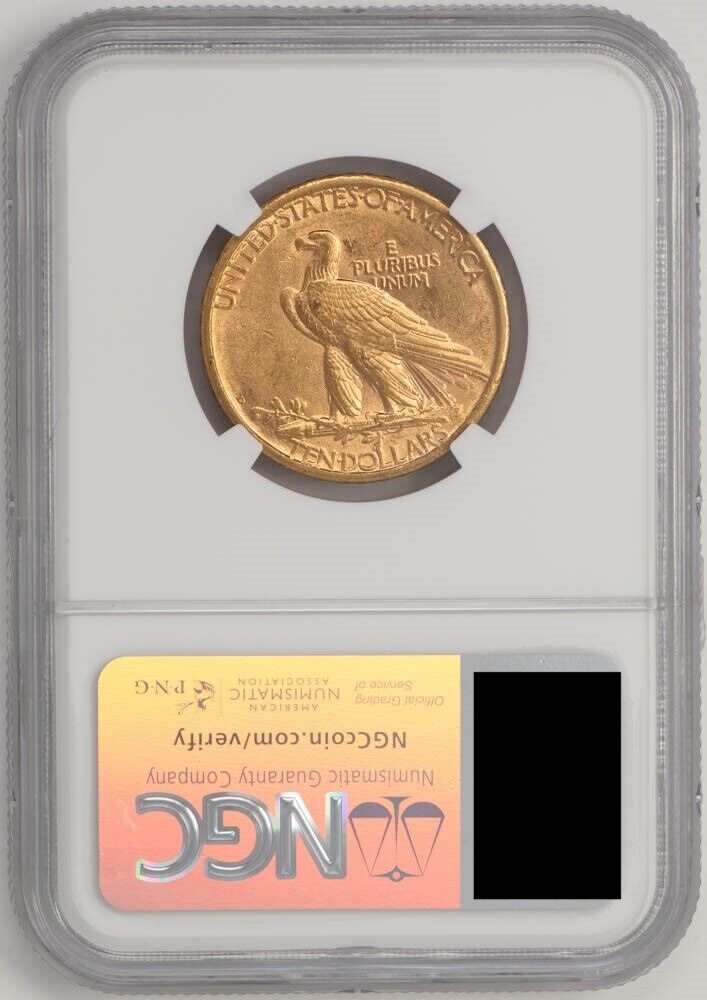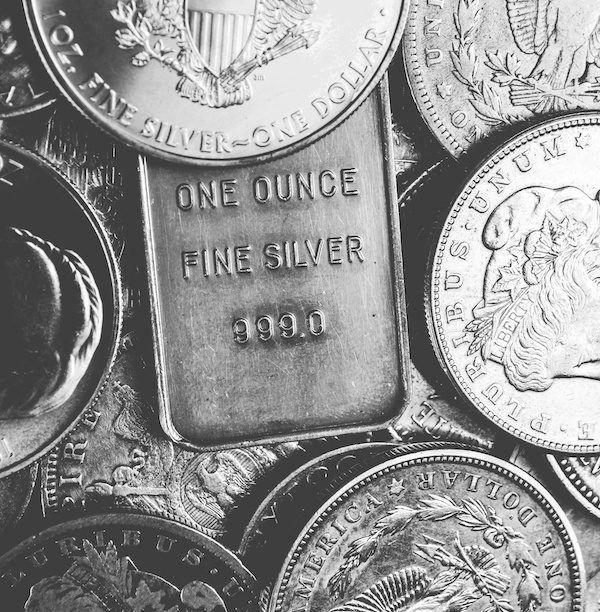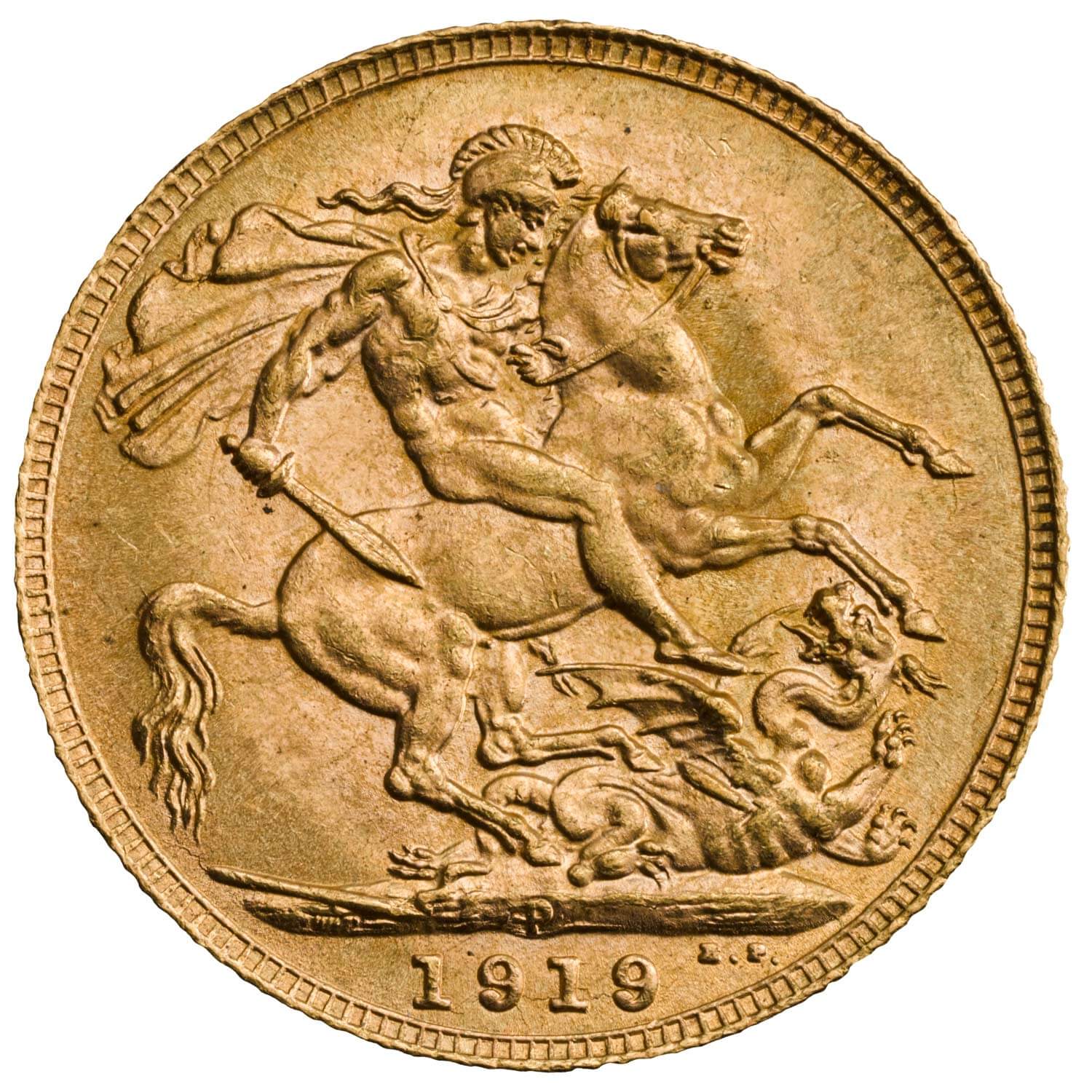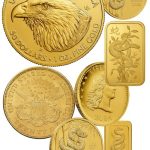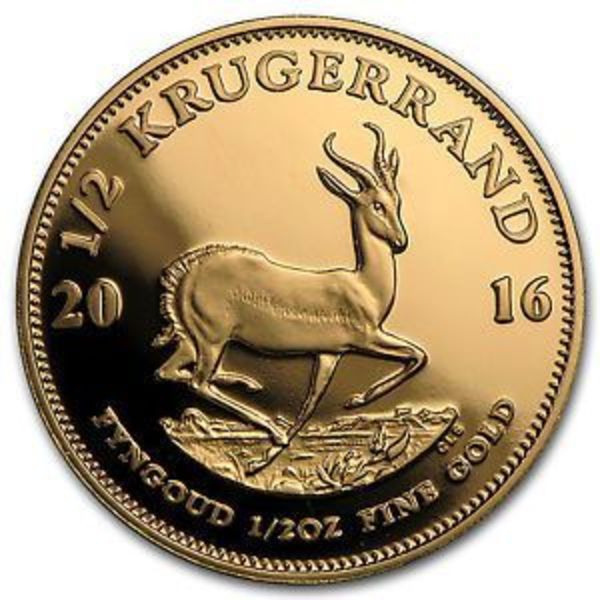An investigative, expert guide to protecting yourself from gold scams—online and in real life.
High gold bullion prices attract attention, and with it, scammers. Law enforcement and consumer agencies report a sharp rise in gold bar and fake bullion schemes that have drained victims’ life savings in parking lots, bank lobbies, and online. As Alabama Securities Commission Director Amanda Senn put it, criminals weaponize “fear and a false sense of urgency” to push victims into devastating decisions. FBI financial-crimes leaders warn the con is now nationwide; if anyone tells you to buy gold and hand it to a courier to “protect your money,” that’s a gold scam—every time.
Below are the Top 5 gold scams, how they operate, how to spot them, and precisely what to do if you suspect fraud. You’ll also find a practical section on buying from reputable dealers, how to spot fake dealer websites, and a checklist you can share with family.
The Top 5 Gold Scams (and how to beat each one)
1) The Government-Imposter “Gold Bar” Scam (tech-support & bank-account compromise variants)
How it works: You get a pop-up, text, email, or call claiming your bank account or device is compromised. The impostor poses as the FBI, Treasury, Federal Reserve, law enforcement, your bank, or “Microsoft support.” They insist you urgently withdraw funds, convert to gold bars, and deliver them to a “federal courier” or “secure government account.”
Reality: No government agency or bank will ever ask you to move money into gold or hand bullion to a courier.
Red flags:
- “Buy gold bars and give them to our courier,” or “move your money to protect it.”
- Pressure not to tell family or bank staff; a “top-secret password”/code for a pickup.
- “We’ll meet in a parking lot.”
What to do instead (right now): - Hang up. Don’t click. Call your bank at the number on the back of your card.
- If a handoff is scheduled or someone is coming to your home, call 911.
- Report at ReportFraud.ftc.gov and ic3.gov (FBI Internet Crime Complaint Center).
Despite sounding unbelievable, the courier gold bar con is occurring all over the country—hang up, don’t click, verify independently.
“Being told to ‘move your money to protect it’ is always a scam.” — U.S. consumer protection guidance (FTC)
2) “Gas-Station Gold” & Parking-Lot Jewelry
How it works: Someone “down on their luck,” well-dressed or driving a rental, peddles “18K” jewelry at a steep discount at gas stations, hardware-store lots, or freeway ramps. Items are made of brass/copper with fake stamps; some have a metallic smell and stick to a magnet.
Red flags:
- Bargain “family emergency” pitches; stamped “18K” but smells of metal or is magnetic.
- The price is a tiny fraction of the melt value.
- What to do: Walk away. If you have already purchased it, ask a local jeweler/coin shop for a free quick check (many will do this); then, file a police report if it turns out to be fake.
3) Fake Dealer Websites & Social Ads (counterfeit bullion online)
How it works: Slick ads on search/social push “50% off gold bars,” cloned pages of genuine dealers, and checkout pages that accept only wire/crypto/Zelle. Counterfeiters ship plated bars/coins or nothing at all. Organized rings run hundreds of short-lived sites and even copy legit dealers’ photos.
Red flags:
- Prices are far below spot, plus the normal premium (“1-oz bar for half price”).
- No physical address or a fake suite; recent domain; only irreversible payments.
- Claims of grading/assayer certificates you can’t independently verify.
- What to do: Use the 10-Point Website Forensics checklist below before you buy.
Investigators are tracking hundreds of websites that sell fake coins and bullion, many of which clone the content of legitimate dealers.reds of websites selling fake coins and bullion; many clone legitimate dealers’ content.
4) Counterfeit Coins/Bars in Fake Grading Holders (“slabs”)
How it works: Scammers encapsulate fake coins in counterfeit NGC/PCGS holders with cloned certification numbers and bogus labels (e.g., a Proof coin labeled “MS70” with missing mint marks and incorrect weight).
Red flags:
- The holder/label doesn’t match the coin (e.g., Proof look but graded as Mint State).
- Weight/dimensions off; weak design details (eagle feathers, lettering).
- What to do:
- Verify the cert number and images at the grading service’s site (NGC, PCGS).
- Have a reputable dealer run a density or XRF test.
“Both the coins and the holder parts are counterfeit.” — Max Spiegel, NGC (on known fake slabs)
5) High-Pressure Telemarketing & Gold-IRA Rollover Traps
How it works: You see politically charged or fear-based ads that funnel you to sales floors pushing overpriced “semi-numismatic” coins or IRA rollovers with huge markups/fees. The pitch often disparages banks and insists you act now “before the freeze/ban.”
Red flags:
- Urgent sales scripts; refusal to quote transparent all-in premiums and fees.
- Markups far above reputable-dealer pricing for the same products.
- What to do:
- Compare against multiple dealers using FindBullionPrices.com.
- For IRAs, demand written fee schedules, custodian independence, and time to review with a fiduciary adviser.
How to Tell You’re in the Middle of a Gold Scam (60-second gut check)
- Courier talk = scam: Anyone telling you to hand gold to a person is scamming you.
- Secrecy = scam: “Don’t tell your family/bank.” (They’re isolating you.)
- Half-price gold is fake: No legitimate source sells new bars at half the spot price.
- Imposters are scams: Government/bank/tech support don’t accept payment in gold.
- Odd payments: Wires/crypto only, or gift cards—walk away.
- Parking-lot deals: Legit dealers don’t transact in a lot.
FBI financial-crimes chief Chris Delzotto: It “sounds crazy,” but it’s happening across the country. Don’t click links or call numbers from pop-ups; “take a beat” and verify through trusted channels.
“Scam script” transcript (common wording to recognize)
Caller (posing as FBI/Treasury): “This is a time-sensitive federal matter. Your accounts are compromised and under investigation. Do not tell anyone—not even your banker. To protect your assets, withdraw funds, purchase gold bars, and a federal courier will collect them for secure custody.”
Victim: “Can I go to my local branch to confirm?”
Caller: “Absolutely not. This is confidential. If you talk to anyone, we’ll have to freeze your accounts. Use this passcode when our agent arrives.”
Pop-up/Tech support variant: “Your computer is infected. Call Microsoft Support now: 1-8XX… To prevent data theft, move funds to a safe asset—gold—until the investigation is complete. We’ll arrange pickup.”
Bank-impersonation text: “ALERT: Fraud on your account. Reply YES to secure. (…)
Next step: convert to gold and transfer to our secure program. Our authorized courier arrives at 3:30 PM.”
Parking-lot “gas-station gold” pitch: “My family’s stranded—we need gas money. This is 18K—look, stamped! I’ll let it go for $300 right now. Please don’t make me go to a pawn shop.”
High-pressure telemarketing/IRA: “Washington is planning a retirement account freeze. You must act today—roll into a gold IRA with our exclusive semi-numismatics. Premiums are small compared to what you’ll lose if you wait.”
Verifying Gold & Jewelry: Practical Tests (without ruining the piece)
- Weight & dimensions: Compare to mint specs for that bar/coin.
- Magnet: Gold is not magnetic; a strong magnet catching the item is a red flag.
- Density / Specific gravity: A shop can do this in minutes.
- XRF (non-destructive): Many reputable dealers/jewelers will test with a Sigma Metalytics Precious Metal Verifier or XRF machine while you watch.
- Hallmarks: Stamps can be faked; treat them as one data point, not proof.
- “Smell test” for jewelry: A metallic odor on your fingers suggests base metal.
Counterfeiters fake both coins and slabs/labels—always verify certifications online.
(Avoid at-home acid testing unless you accept the risk of damaging the finish.)
Buying Gold Safely from Reputable Dealers
The smart way to shop:
- Price-check first: Use FindBullionPrices.com to compare the premiums of reputable dealers across various products. It’s a fast way to spot outliers and avoid “hidden” markups.
- Verify the business: Look for a physical address/phone (call it). Search BBB complaints and ratings. Google the address (Street View).
- Look for industry affiliation: Prefer firms listed with APMD (Accredited Precious Metals Dealers) or PNG (Professional Numismatists Guild).
- Shipping & insurance: Insured, tracked shipping with adult signature required.
- Payment options: Reputable dealers offer credit card/ACH/check/wire & crypto payments, and clearly publish their fees/policies.
- Start small: Test with a modest order before large purchases.
- Local coin shops (LCS): Great for face-to-face; established shops often test items for free and educate customers (some have literally saved victims mid-purchase).
If someone offers you an ounce of gold for $500 when the spot price is in the thousands, it’s too good to be true.
How to Spot a Fake Gold Dealer Website (10-Point Checklist)
- Price sanity: Compare to spot + normal premiums. “50% off bullion” = fake.
- Domain age: Very new domain? Be cautious (use ICANN Lookup/Whois).
- Contact reality: A verifiable street address (not a mailbox/UPS store) and a working landline you can reach.
- About/Team: Real names, bios, and licenses—not stock photos and placeholder text.
- Badges & claims: Click to verify PNG/APMD/BBB/“authorized dealer” badges.
- Payment methods: Irreversible only (crypto/Zelle/wire) = risk.
- Returns & T&Cs: Clear, specific policies—not generic or missing pages.
- Product photos & SKUs: Use original photos and maintain consistent SKUs; be cautious of stolen images from legitimate sites.
- Reviews: Look beyond on-site testimonials. Check independent sources (BBB, Google).
- Security: Proper HTTPS + company name on the TLS certificate for checkout; no mixed-content errors.
60-second URL sniff test: Below market prices + new site + wire/crypto only + no or unverifiable physical address = back out.
If You Suspect a Gold Scam (act quickly)
If a handoff is scheduled or a courier is en route:
- Call 911 and provide the time, location, and any vehicle/person details.
If you already wired/bought:
- Call your bank’s fraud line immediately. Ask for a wire recall/reversal.
- Freeze accounts likely exposed; change device passwords; run security scans.
- File reports (keep receipts, emails, texts, tracking numbers):
- FTC: ReportFraud.ftc.gov
- FBI IC3: ic3.gov
- State AG/State securities regulator (especially for investment/IRA pitches)
- Local police report (needed for many recoveries)
- Counterfeit bullion/coins:
- Contact the Anti-Counterfeiting Educational Foundation (ACEF).
- Verify slabs at NGC/PCGS certification lookup; keep the packaging.
- Identity defense: Consider credit freeze and fraud alerts with major bureaus.
- Tell a trusted person. Isolation is part of the con; enlist help to break it.
Scammers exploit fear and urgency to drive “devastating” choices.
Extra Protection for Families & Retailers
- Families: Share this checklist with seniors. Set a household rule: no large withdrawals, wires, or bullion purchases without a second opinion.
- Retailers (banks/LCS/jewelers): Train staff to recognize scripted red flags (“secret sting,” “federal courier,” “don’t tell my family”). A simple, calm question—“Who told you to buy this gold?”—has stopped many losses, and calling local police has saved victims mid-transaction.
FAQs
How to know if a gold dealer is legit?
- Verify a real, staffed street address and phone; call and speak to a human.
- Check for accreditations, such as APMD or PNG membership and years in business.
- Pricing sanity: published live premiums close to market norms—no “half-price bullion.”
- Clear shipping (insured with adult signature), returns, and payment options (card/ACH/check/wire/crypto).
- Independent reviews (BBB, Google) with resolved complaints; look for patterns, not one-offs.
- Website forensics: HTTPS, domain age, clickable verification of badges (APMD/PNG/BBB), consistent product SKUs/photos.
- Place a small test order first and assess fulfillment and packaging.
Can I trust buying gold online?
Yes—from established dealers. Compare live premiums on FindBullionPrices, vet business details, use secure payments, insist on insured delivery, and start small. Avoid social-ad “deals,” marketplace listings, or anyone steering you to wire/crypto only.
Who is the most reputable gold dealer?
There isn’t a single “most reputable.” Choose dealers with third-party affiliations (APMD/PNG), long operating history, transparent all-in pricing, insured shipping, and strong independent reviews. Use comparisons (e.g., FindBullionPrices.com) and consider well-reviewed local coin shops for in-person service and testing.
How to buy gold without getting scammed?
- Know spot price and typical premiums.
- Compare multiple dealers with a price aggregator.
- Verify the business (APMD/PNG, address, phone, reviews).
- Sanity-check the website (badges you can click to verify, HTTPS, domain age).
- Avoid high-pressure phone pitches and “semi-numismatic” upsells.
- Start with a small order using a reversible/traceable payment method.
- Require insured shipping with adult signature.
- Document everything (invoice, tracking, serials).
- On arrival, weigh/measure and consider a quick XRF or specific-gravity check.
- Report suspicious behavior to your state AG, FTC, and the Anti-Counterfeiting Educational Foundation.
Will my bank reimburse me if I withdraw cash or wire to buy gold and hand it off?
Usually no—that’s why scammers push you to move funds yourself. Act fast to request a wire recall, but recovery isn’t guaranteed.
Are gold bars traceable?
Bars have serial numbers, but once melted or re-sold through opaque channels, recovery is difficult—another reason criminals prefer gold over cash.
Is buying online safe?
Yes—from reputable dealers. Use price aggregators, verify business details, and start small.
Final word
A gold scam thrives on panic, secrecy, and urgency. Slow down. Verify independently. Compare prices with trusted tools. And remember: no legitimate official will ever tell you to buy gold bars and hand them to a courier. Share this guide with the people you care about—especially seniors—and you’ll cut scammers off at their favorite target: surprise.
